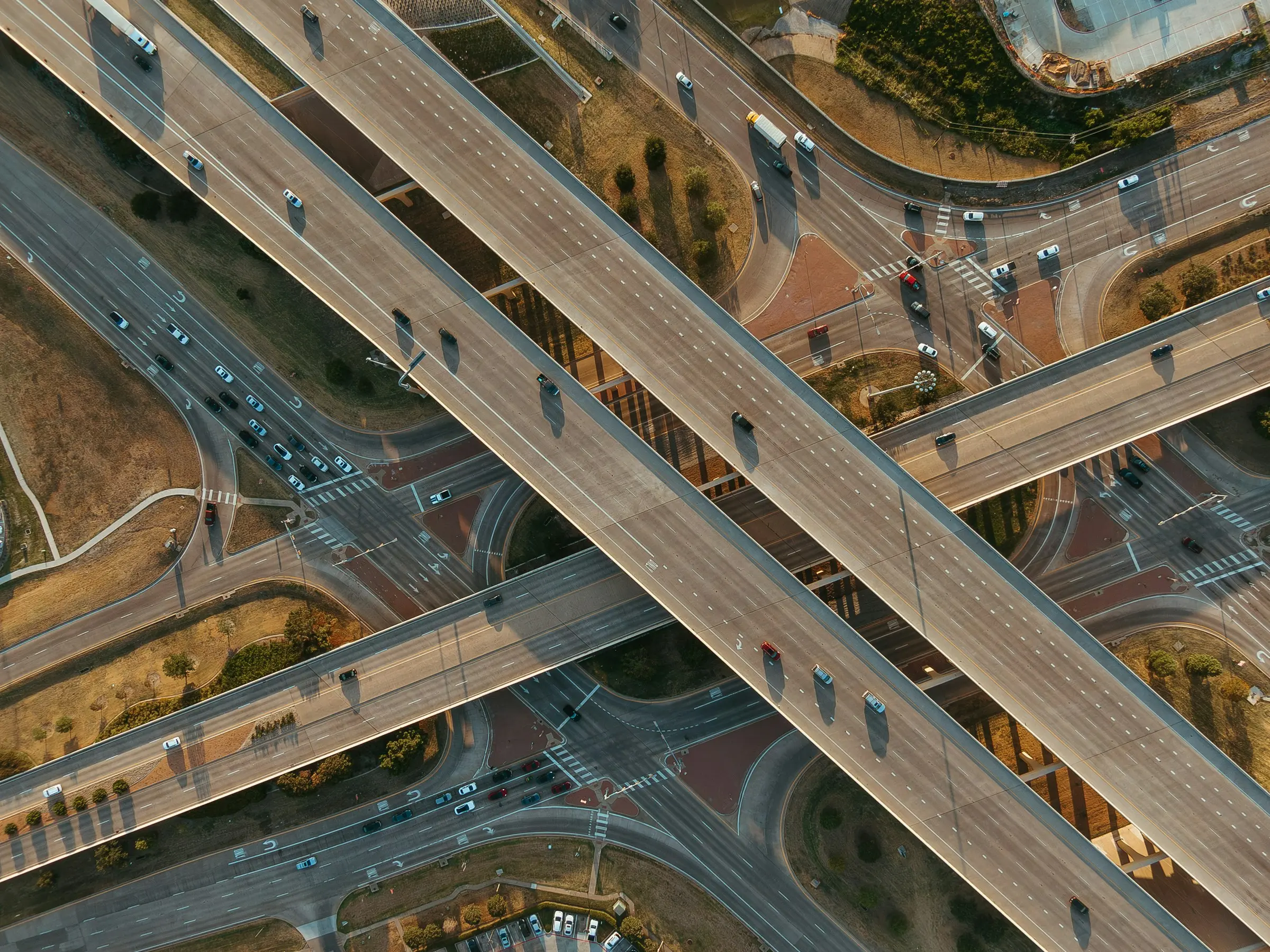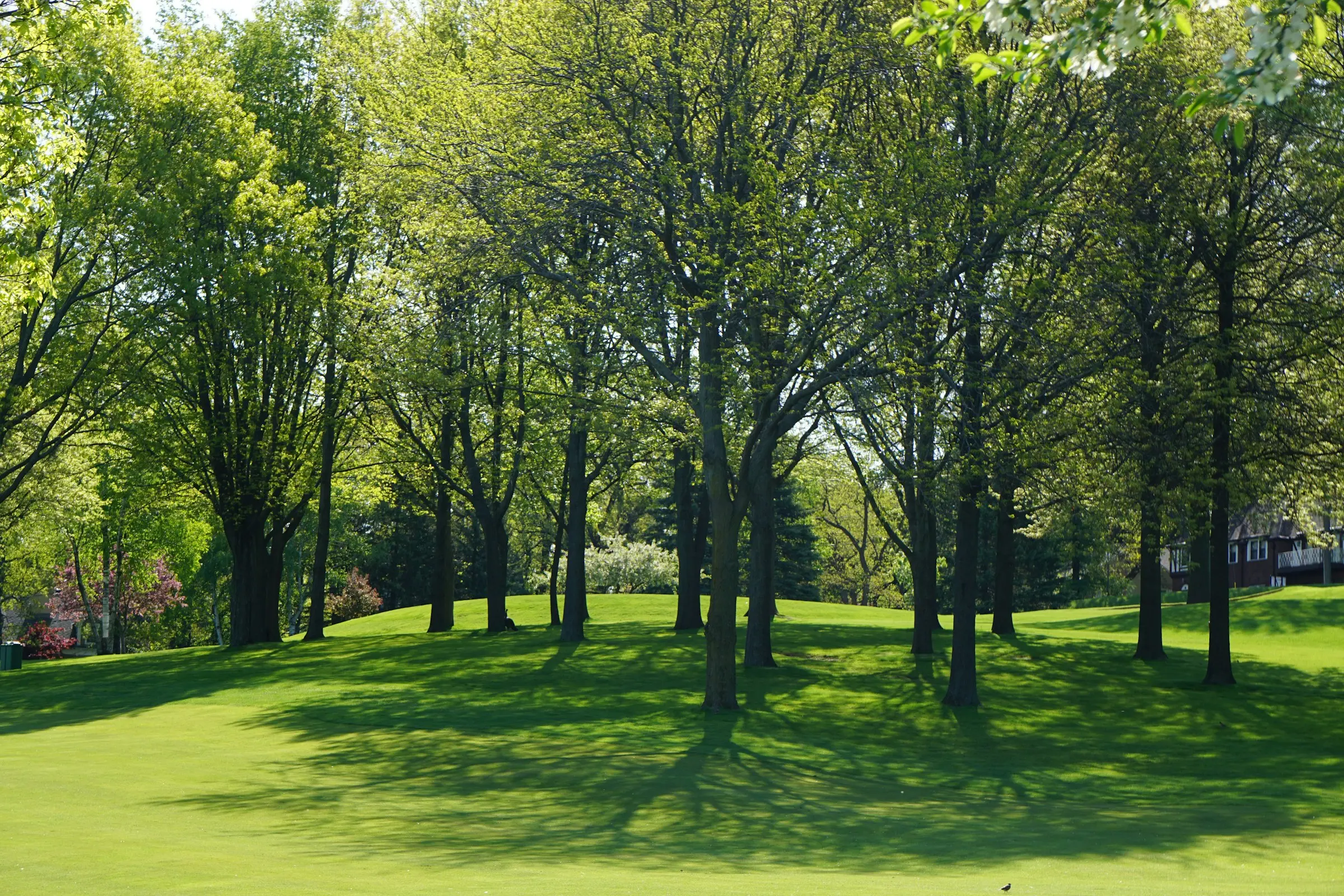Noise Pollution
My Plans for Addressing Noise Pollution in Wentworth
Noise pollution is often overlooked in favor of more prominent issues, like housing market instability, yet its impact on us is anything but minor. Noise pollution is linked to reduced sleep quality, impaired cognitive function, diminished overall well-being, and even an increased risk of cardiovascular disease and high blood pressure. These are not minor inconveniences but serious health and productivity concerns that need to be addressed. The main sources include traffic, construction, airplanes, and social gatherings. While it may be impossible to eliminate noise pollution entirely, substantial reduction is within reach.
My Key Actions:
- Implement sound barriers or vegetation buffers along major roads to help reduce traffic noise.
- Increase the presence of electric buses on our roads to minimize vehicle noise.
- Enforce stricter construction policies, such as time restrictions, noise permits for particularly loud projects, and temporary acoustic barriers.
- Develop more green infrastructure in noisier areas of Wentworth to further dampen noise pollution.
Addressing Noise Pollution on the Roads
The largest contributor to noise pollution is traffic on our roads. The noise from vehicles comes primarily from two sources: the engine and the traction of the wheels on the road surface. While completely eliminating road noise isn't simple, addressing these sources can lead to substantial improvements.
The first source—engine noise—can be tackled effectively. Replacing traditional vehicles with electric vehicles (EVs) would remove a large portion of the noise, as EVs operate almost silently. This shift is already underway as more EVs hit the roads each year. To accelerate this, I plan to subsidize EV costs, making them affordable for everyone in Wentworth, and to increase the number of electric buses, as buses are among the loudest vehicles on our streets. The electric buses already in service have proven successful, and expanding this initiative would further quieten our roads.
The second largest source of noise on the road is the actual road surface. While replacing the entire road with a more noise-reducing surface would be very expensive and ironically cause a lot of construction in the process, we can introduce this noise-reducing surface only to high-traffic roads and implement green buffers or sound barriers on most of the other roads that contribute to noise pollution. This approach will be far more cost-effective and less disruptive. By implementing new noise-reducing road surfaces, sound barriers, and green buffers, we can significantly reduce the noise pollution generated by roads without much inconvenience.

Construction is Noisy
A construction site is naturally noisy—something we've all come to accept. However, we can control when construction happens and take steps to reduce noise wherever possible. Many projects are located in high-density areas, where construction often takes place during late hours to avoid road congestion, allowing large vehicles to transport supplies and materials more easily. Unfortunately, this comes at the cost of sleep quality for nearby residents, as the noise often keeps people awake.
My goal is to ensure everyone can enjoy a full night's rest, free from construction disturbances. This can be achieved by enforcing stricter time restrictions to prevent late-night work. Additionally, I propose a construction policy requiring temporary sound barriers around sites, reducing noise pollution and creating a more livable environment for everyone in the area.
Lastly, I aim to invest in construction research to improve project efficiency, with the goal of reducing the time required to complete each project. If a project can be completed in three months instead of six, it would not only ease traffic congestion but also significantly cut down on the overall noise pollution from the site. This approach benefits everyone by minimizing disruption and creating a quieter, more efficient urban environment.

More Green in Wentworth
Nature acts as a powerful sound dampener, naturally absorbing and reducing noise pollution from loud sources when placed nearby. By introducing more parks and green spaces throughout Wentworth, we can harness this natural benefit, providing relief from urban noise. Expanding green areas would create quiet zones that improve the quality of life for residents, offering peaceful spaces where people can unwind, while also reducing noise for surrounding neighborhoods. Additionally, these green spaces would contribute to cleaner air, cooler streets, and enhanced biodiversity, which are all vital for urban health.
